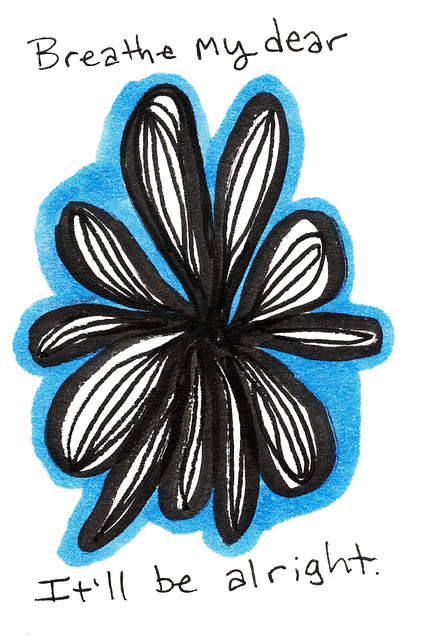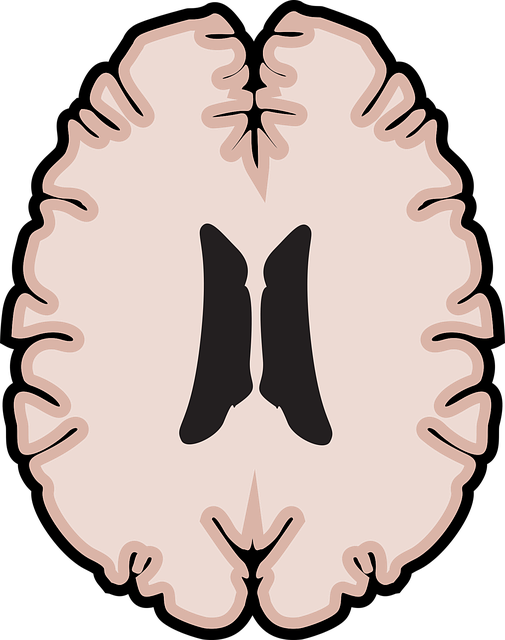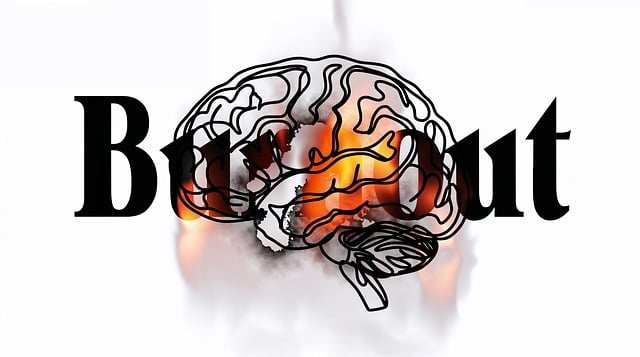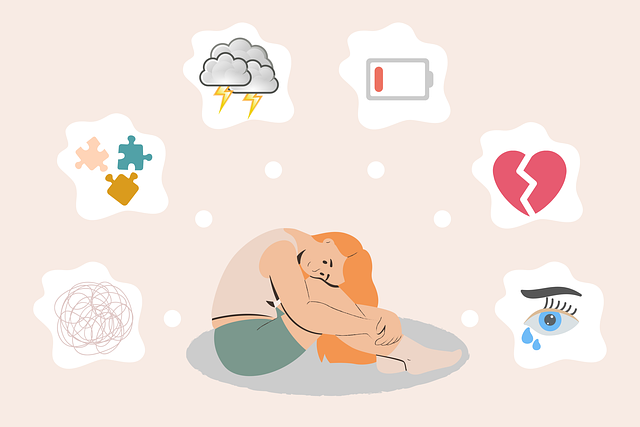Denver First Responders Therapy leads the way in cultural competency training within healthcare, addressing critical issues like unconscious biases and stereotypes that impact patient care in a diverse community. By prioritizing empathy, active listening, and understanding unique mental health traditions, they ensure culturally sensitive care for individuals from various backgrounds. This approach not only bridges communication gaps but also improves treatment outcomes, particularly for first responders facing trauma and mental health challenges. The program serves as a model for effective cultural competency initiatives, demonstrating its vital role in enhancing healthcare services for Denver's multicultural landscape.
Denver’s healthcare system faces unique challenges in providing culturally competent care, especially for its diverse first responder community. This article explores essential training strategies for enhancing cultural understanding among healthcare providers, focusing on the specific needs of Denver first responders. We delve into the impact of cultural biases and stereotypes on patient interactions, emphasizing the importance of empathy-building and effective communication techniques. Through case studies, we highlight successful programs, offering insights to improve care for all Denver residents.
- Understanding Cultural Competency in Healthcare: A Necessity for Denver First Responders
- The Impact of Cultural Bias and Stereotypes on Patient Care
- Developing Empathy: Building Bridges with Diverse Communities
- Communication Strategies for Effective Interactions with Patients from Different Backgrounds
- Case Studies: Learning from Successful Cultural Competency Training Programs
Understanding Cultural Competency in Healthcare: A Necessity for Denver First Responders

In the diverse community of Denver, understanding cultural competency within healthcare is more than a suggestion—it’s a necessity. Denver First Responders, who frequently interact with individuals from various ethnic, cultural, and socioeconomic backgrounds, must be equipped to provide sensitive and effective care. Cultural competency involves recognizing and appreciating these differences, and modifying practices to meet the unique needs of each patient. This is not just about language translation; it encompasses understanding cultural beliefs, values, and behaviors that influence health and healthcare seeking. For instance, a patient’s preference for traditional healing methods or dietary restrictions due to religious beliefs should be respected and integrated into treatment plans.
The importance of cultural competency training for Denver First Responders cannot be overstated, especially in the context of mental wellness. The Mental Wellness Podcast Series Production has played a significant role in raising awareness about this issue. Furthermore, Community Outreach Program Implementation initiatives have helped bridge cultural gaps by fostering understanding and trust between healthcare providers and diverse communities. Additionally, Burnout Prevention Strategies for Healthcare Providers are crucial to maintaining a competent and caring workforce that can effectively navigate Denver’s multicultural landscape, ensuring quality care for all residents.
The Impact of Cultural Bias and Stereotypes on Patient Care

Cultural biases and stereotypes can significantly impact patient care, often leading to misdiagnoses or inappropriate treatment plans. Healthcare providers, especially in diverse communities like Denver, must be vigilant against these unconscious influences. When cultural norms and values are not respected, patients may feel disrespected or misunderstood, hindering open communication and trust. This, in turn, can affect treatment adherence and outcomes, as evidenced by research highlighting the positive effects of cultural competency training for first responders in Denver.
Stereotypes can cause providers to assume certain behaviors or responses from patients based on their race, ethnicity, or cultural backgrounds, leading to preconceived notions about their health conditions. For instance, a provider might attribute a patient’s symptoms to cultural practices rather than exploring other potential causes. Such biases and stereotypes not only compromise patient care but also perpetuate systemic inequalities in healthcare access and quality. Therefore, cultivating compassion and implementing evidence-based practices like mental wellness journaling exercises and emotional well-being promotion techniques are essential steps towards delivering culturally competent care.
Developing Empathy: Building Bridges with Diverse Communities

In the diverse communities that Denver First Responders Therapy serves, cultural competency is key to providing quality care. Developing empathy forms the foundation of this approach. Healthcare providers must strive to understand and share the feelings and perspectives of those they serve, especially when working with individuals from different cultural backgrounds who may have unique experiences and beliefs about health, illness, and healing.
By fostering strong empathetic connections, healthcare professionals can build bridges that transcend cultural barriers. This involves active listening, open-mindedness, and a genuine interest in learning about diverse communities’ specific needs, traditions, and challenges related to mental health awareness and trauma support services. Such efforts ensure that care remains culturally sensitive and relevant, ultimately enhancing the overall well-being of individuals within these communities.
Communication Strategies for Effective Interactions with Patients from Different Backgrounds

Effective communication is a cornerstone of quality healthcare delivery, especially when engaging with patients from diverse cultural backgrounds. Healthcare providers must adapt their strategies to bridge the gap and ensure every patient receives respectful, empathetic care. One crucial approach is active listening, where providers give undivided attention, acknowledge patients’ concerns, and validate their experiences. This fosters trust and encourages open dialogue, allowing patients to feel heard and understood.
In Denver, First Responders Therapy emphasizes the importance of cultural competency training, including communication skills tailored to various communities. By learning about different cultural norms, beliefs, and communication styles, healthcare professionals can better serve diverse populations. For instance, some cultures may prefer indirect communication or value collective decision-making, while others appreciate directness and individual autonomy. Understanding these nuances enables providers to tailor their approach, ensuring Mental Health Policy Analysis and Advocacy aligns with patients’ expectations and enhancing overall Mental Wellness and Mental Health Awareness.
Case Studies: Learning from Successful Cultural Competency Training Programs

Successful cultural competency training programs offer valuable lessons for enhancing healthcare delivery. For instance, Denver First Responders Therapy has implemented innovative approaches to address the unique challenges faced by first responders, many of whom suffer from trauma and experience cultural barriers when seeking support. Through case studies like these, we learn that tailoring Trauma Support Services to meet the specific needs of diverse communities is paramount.
The program incorporates Compassion Cultivation Practices, demonstrating that fostering empathy and understanding can significantly improve patient care. By integrating these practices into Healthcare Provider Cultural Competency Training, professionals gain insights into recognizing and respecting cultural differences, leading to more effective communication and improved health outcomes.
Denver First Responders can significantly enhance patient care and community trust through comprehensive cultural competency training. By addressing implicit biases, cultivating empathy, and adopting tailored communication strategies, first responders can ensure equitable and culturally sensitive interactions with diverse patients. Successful programs highlighted in this article serve as a blueprint for effective training, ultimately fostering better health outcomes and stronger relationships within the community. Investing in Denver First Responders therapy and cultural competency initiatives is a vital step towards creating a more inclusive and responsive healthcare ecosystem.














